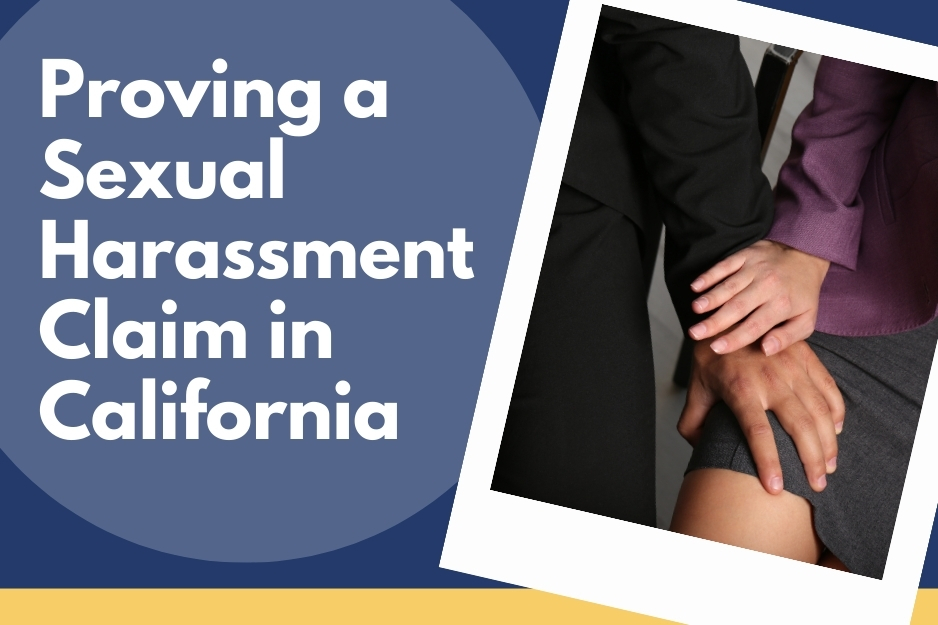
Have you felt forced to quit your job because of intolerable working conditions? If so, there is a good chance that you’ve experienced what is known as constructive dismissal. Also called constructive discharge or constructive termination, is a legal concept that applies when an employer deliberately creates or allows a hostile work environment that compels an employee to resign. Constructive termination is a form of wrongful termination, as it violates the implied contract of good faith and fair dealing between an employer and an employee. In California, constructive termination can also be a basis for a claim of discrimination, harassment, retaliation, or violation of public policy. Please continue reading and reach out to a seasoned Los Angeles wrongful termination lawyer from RD Law Group to learn more about your rights and whether you may have a valid claim against your employer. Here are some of the questions you may have:
What are the elements of constructive termination in California?
To prove constructive termination in California, your case must meet various criteria. They are as follows:
- Your employer intentionally created or knowingly permitted working conditions that were so intolerable or aggravated that a reasonable person in your position would have no choice but to quit.
- The intolerable working conditions were motivated by an illegal or improper purpose, such as discrimination, harassment, retaliation, or violation of public policy.
- You gave your employer a reasonable opportunity to remedy the situation before quitting, unless doing so would have been futile or dangerous.
- You actually quit your job because of the intolerable working conditions and not for any other reason.
What are some examples of constructive termination in California?
Constructive termination can come in various forms, but often, incidents of pervasive sexual harassment, discrimination based on a person’s race or another protected characteristic, or exposure to unsafe or unhealthy working conditions can all cause a person to feel “forced out” of their position within a company. In some cases, even sudden changes in company policy or terms of employment, such as a significant pay cut without justification may constitute constructive termination.
What should I do if I have been constructively terminated?
If you believe that you have been constructively terminated in California, you should first document the working conditions that led you to quit your job. Next, you should speak with an experienced employment lawyer who can assess the circumstances of your case, and, from there, build your case and fight for the justice you deserve. If you have any further questions or wish to pursue a claim, contact RD Law Group today.


